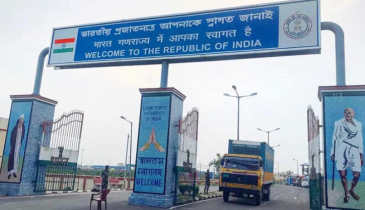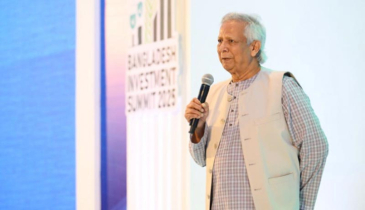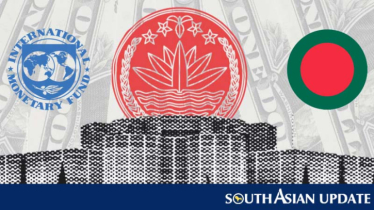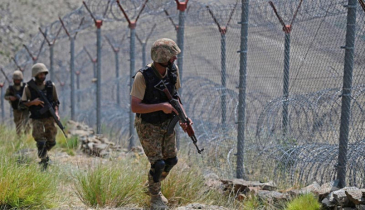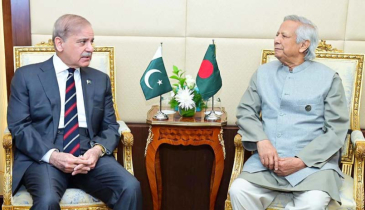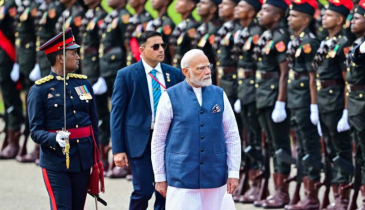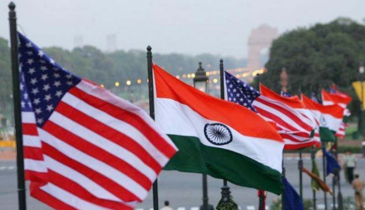Pakistan election: All roads lead to coalition
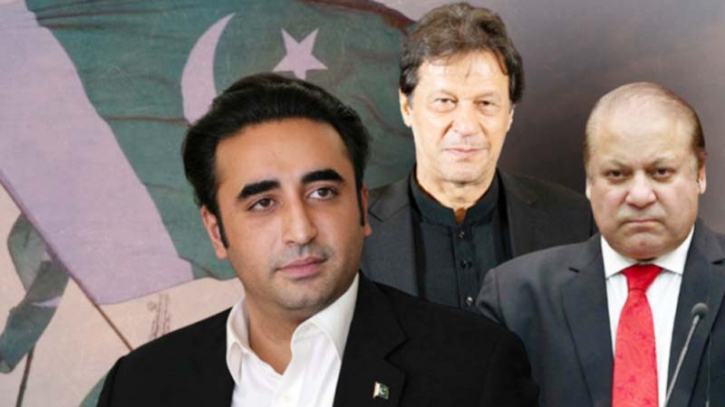
Pakistan is currently grappling with a period of uncertainty as election results reveal no clear majority. leaving two rival political leaders Nawaz Sharif of the Pakistan Muslim League (PMLN) and Imran Khan of the Pakistan Tehreek-e-Insaaf (PTI), both claiming victory.
As of late Saturday, complete results for Thursday's elections were still pending for nine out of the 265 contested seats. Independent candidates, primarily associated with the incarcerated leader Khan's PTI, have taken the lead with 102 seats, according to the latest figures on the election commission's website. Following closely is Sharif's PMLN with 73 seats, and Bilawal Bhutto Zardari's Pakistan People's Party (PPP) with 54.
Gohar Ali Khan, the chairman of PTI, expresses confidence that his party will secure seats in both the national parliament and the province of Punjab, where they claim to have a majority. PTI has also emerged victorious in the polls in the Khyber Pakhtunkhwa province.
On the other hand, Sharif of PMLN, who asserts his victory, plans to form a coalition government. Zardari of PPP emphasizes that the formation of a federal government, as well as in Punjab and Balochistan provinces, is impossible without the participation of his party.
Following the polls, PML-N leader Nawaz Sharif hinted at the possibility of establishing a national unity government, similar to the PDM alliance. He entrusted his brother, former PM Shehbaz Sharif, with the task of initiating consultations with other parties for government formation.
'The PML-N leadership on Saturday also discussed a proposal within its ranks to support the PPP to form the federal government and concentrate on Punjab, where it has a comfortable majority with Shehbaz Sharif as the chief minister,'
Unlike previous instances, the decision-making process will not be rushed, in contrast to the swift formation of the PDM after the ousting of the Imran Khan government in April 2022.
The pressing question now revolves around which political entity will succeed in forming a government in Pakistan. The nation, home to 241 million people, has endured a tumultuous two years marked by political instability, an economy teetering on the brink of default, and escalating internal security challenges.
.png)


